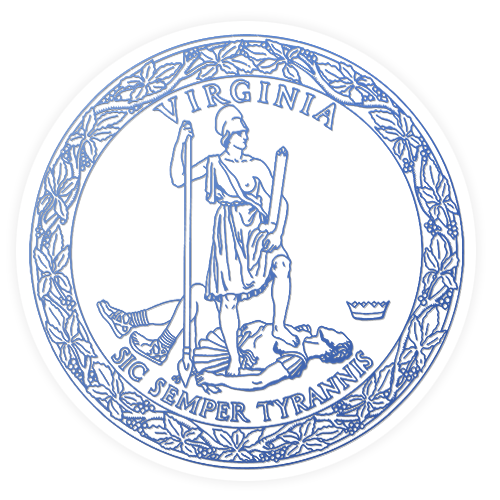
RICHMOND—Governor Ralph Northam this week announced a series of actions to help Virginia better address the impacts of carbon pollution from fossil fuels. Governor Northam has directed the Virginia Department of Environmental Quality to identify ways to improve environmental protection in the Commonwealth.
As the leaders of U.S. states and other countries gathered at the Global Climate Action Summit in San Francisco this week to work on climate solutions, Virginia committed to:
More than one third of all carbon pollution comes from transportation. In Virginia, transportation is the largest contributor of greenhouse gasses, in addition to being a large source of nitrogen oxides and ozone pollution, which directly impact public health.
Virginia is already working with this group of states as we prepare to join the Regional Greenhouse Gas Initiative (RGGI), and this effort will extend our collaboration from electric generation to transportation. TCI is a forum for exchanging ideas, sharing best management practices, and collaborating on initiatives to reduce transportation’s carbon footprint.
The oceans are our largest carbon sink, storing approximately 93 percent of all carbon dioxide on the planet. As human carbon emissions have increased, the oceans have taken up more carbon dioxide, which makes seawater more acidic. This has negative implications for shell building marine life like corals, oysters, clams, and some plankton that form the base of ocean food chains.
Joining the OA Alliance signals that Virginia is serious about tackling a problem that presents an enormous threat to the Commonwealth’s shellfish aquaculture industry, commercial and recreational fisheries, and the recovery of the Chesapeake Bay. Through the OA Alliance, Virginia will develop an Ocean Acidification Action Plan and work with other governments to raise the visibility and importance of the ocean acidification issue in public discourse and policy development.
Natural gas has significant potential as a bridge fuel to help us reduce carbon pollution that drives climate change while we transition to solar, wind, and other clean energy sources. The relative climate benefits of natural gas compared to other fossil fuels are well documented, but we only realize those benefits if we prevent natural gas from leaking into the atmosphere before it is burned. For that reason, and due to inaction at the federal level, Virginia must take action to limit methane pollution within its borders. The Virginia Department of Environmental Quality (DEQ) will lead this effort, and will establish a workgroup of environmental, academic and business stakeholders within the next 120 days to support DEQ in its collection and evaluation of data to inform the regulation development process.
“I am committed to ensuring that Virginia is a leader in developing solutions to prevent the worst impacts of a warming climate and changing ocean chemistry, and doing more to reduce carbon pollution,” said Governor Northam.
Speaking at the Global Climate Action Summit, Virginia Secretary of Natural Resources Matthew J. Strickler said, “The twin threats of climate change and ocean acidification pose massive challenges for our economy and way of life in the Commonwealth. We are already starting to feel some of those impacts and Governor Northam and I are committed to collaborating with other states and countries in addressing them.”
In addition to these three actions, Governor Northam has taken a leadership role in climate-related initiatives in Virginia by:
# # #